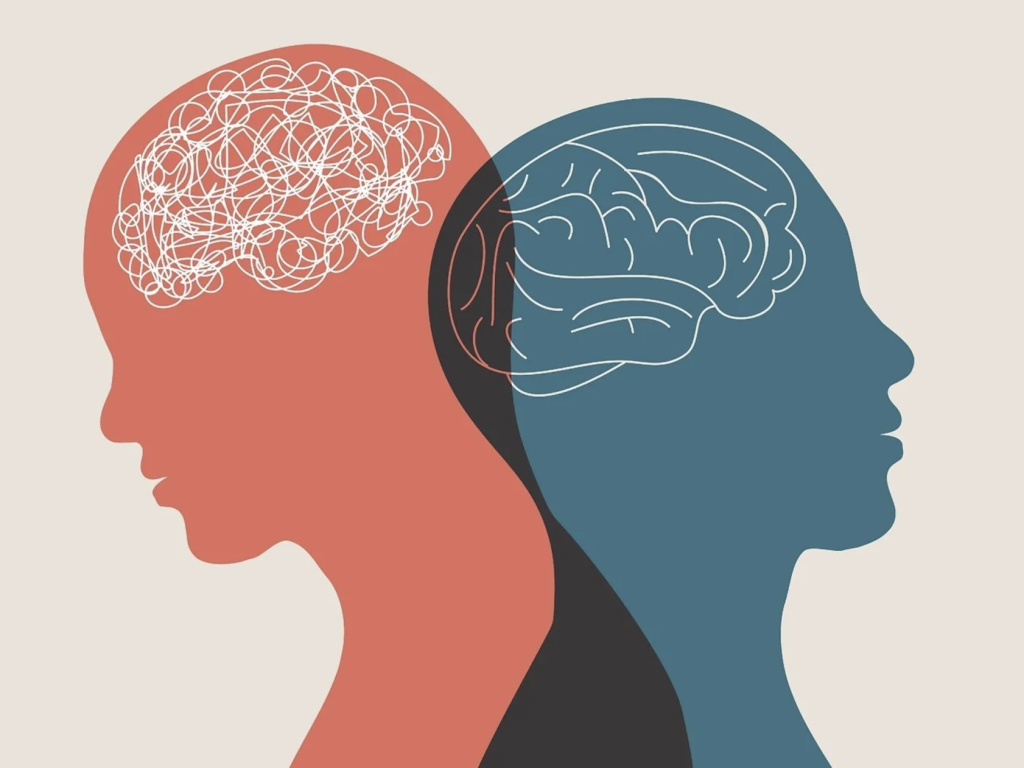Dr Rabie and Prof Joska comment on Behavioural Medicine in the SAMJ

Behavioural Medicine: Strengthening approaches to address co-morbid chronic physical and mental disorders
An editorial written by Dr Stephan Rabie & Professor John Joska.
Click here to view the published article.
South Africa (SA) is impacted by chronic multimorbidity of infectious diseases, non-communicable diseases (NCDs) and mental disorders. These conditions, when combined, represent nearly a third of all deaths in the country.[1] Extant evidence suggests that these burdens frequently co-occur, and are driven by an ageing SA population and a complex interaction of social and behavioural risk factors. For instance, people living with HIV (PLWH) are at greater risk for other infectious diseases and experience greater psychological distress compared with the general population. Similarly, significant associations have been demonstrated between cardiovascular diseases and several adverse mental health outcomes. The relationships between these conditions are often multidirectional – one condition can be a precursor to or a consequence of the other. The resulting effect is synergistic: multimorbidity of physical and mental disorders is associated with greater disability, lower quality of care, poorer health outcomes and higher rates of socioeconomic deprivation. The high prevalence of these conditions is partly explained by behavioural and lifestyle factors, which in turn are influenced by sociodemographic and structural factors. Physical inactivity and unhealthy diets are associated with a range of mental disorders, commonly depression and anxiety. People with mental disorders often find it more difficult to access healthcare, are less likely to adhere to prescribed treatments, and may misuse substances to self-medicate. Substance misuse is not only a major risk for cancer, cardiovascular disease, liver disease and stroke, but also has harmful effects on central reward systems, which could lead to the onset of depressive and anxiety disorders. Managing and treating multimorbidity is much more complex and demanding for health systems and patients, especially compared with patients with only one condition. However, the SA healthcare system is largely constructed to provide universal chronic disease care, and has been criticised as unequipped to deal with a quadruple burden of disease. As a result, there have been increased calls for integrated, collaborative approaches to address multimorbid mental and physical conditions in SA.
Behavioural medicine: A reason for optimism in a multimorbid context
Risk factors and perpetuating conditions in multimorbidity are potentially modifiable through effective behaviour change. Behavioural medicine is a multidisciplinary field of research and practice concerned with the development and implementation of behavioural and biomedical knowledge relevant to health and disease. The field was developed in recognition of the importance of psychosocial factors in illness, and assumes that the presence of physical concerns can be influenced by psychological and behavioural factors. Treatments informed by behavioural medicine aim to identify, manage and limit the potentially negative effects behavioural factors (psychosocial, economic, societal, cultural processes) can have on patients’ biomedical problems. The growing body of evidence supporting behavioural medicine has afforded the field global recognition. Despite its global prominence, behavioural medicine is an emerging field in SA. This does not mean that behavioural medicine research and practice has not been conducted in the country. In fact, there is a large body of literature, spanning over more than a decade, detailing interventions delivered to address co-occurring mental and physical conditions in SA. However, these interventions have largely been developed and implemented within the respective disciplines of psychology, psychiatry, public mental health and physiotherapy, rather than collaborations across disciplines. This is partly due to the vacuum created by not formalising the field of behavioural medicine in SA. Crucially, behavioural medicine has the potential to address the intersectional physical and mental challenges confronting vulnerable groups in the country.
The way forward for behavioural medicine in SA
The establishment of programmes that integrate research in behavioural medicine into training, and subsequently into practice, will provide the necessary impetus to this field. The HIV Mental Health Research Unit at the University of Cape Town, for example, has executed several internationally funded projects exploring the relationships between improved mental health, adherence and biological outcomes. We have recently begun to define how this work might inform training of health professionals working in chronic disease programmes. A curriculum that speaks to knowledge spanning infectious diseases, NCDs and behavioural interventions needs to be constructed and consolidated in collaboration with global experts. Training programmes that equip Master’s and doctoral students to be able to map behavioural measurement and intervention into their own chronic disease programmes would lead to policy and practice changes. Suitably measured through combined mental health, chronic disease care and cost-effectiveness outcomes, the field of behavioural medicine could provide significant benefit to SA healthcare systems and those in other low- and middle-income countries. Crucially, behavioural medicine may be the answer to increasing calls for a collaborative care approach to mental and physical healthcare.